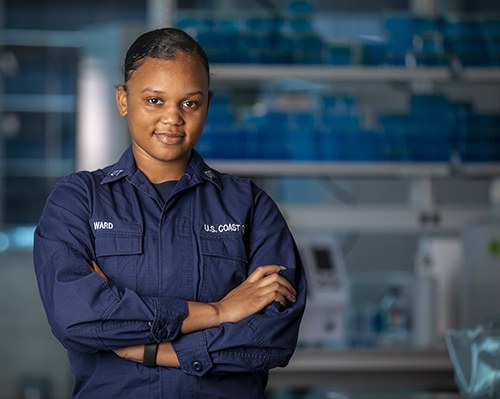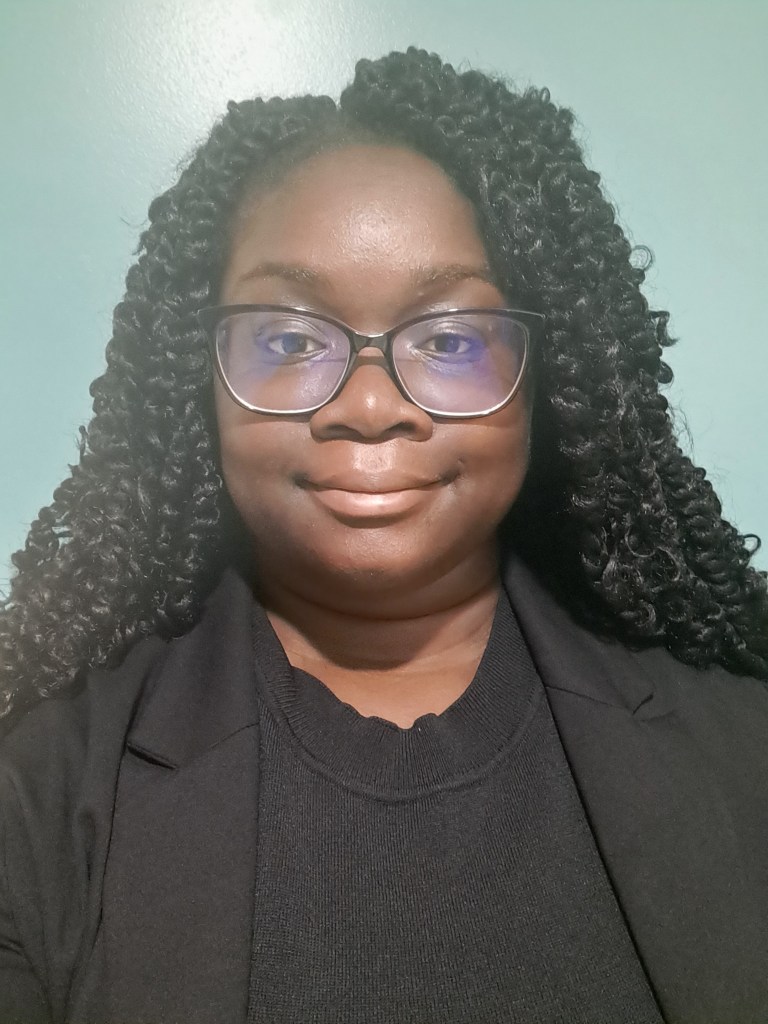By Deborah Bailey
AFRO Contributing Editor
dbailey@afro.com
Veterans and their dependents are flocking to college classrooms after enlistment days are over, thanks to educational benefits available to most veterans and their families after honorable discharge from military service. The Post-9/11 Veterans Educational Assistance Act of 2007 is sending veterans and their families to college in record numbers.
The Washington, D.C. region’s three historically Black colleges and universities (HBCUs) have rolled out the welcome mat to hundreds of veterans and dependents this fall, with specialized outreach to and services for those honorably discharged men and women and their families.
Only one in three veterans holds a bachelor’s degree, a ratio lower than the national average for persons 25 and older, according to the U.S. Department of Veterans Affairs. Moreover, Black female military spouses are three times more likely to be unemployed in comparison to their civilian counterparts.
Bowie State University, University of the District of Columbia and Howard University have each developed specialized programs and services for veterans and their families. Each campus offers the support of trained veterans’ affairs and counseling staff with the skills to help student veterans and their dependents take the journey from active military service to the classroom and success in civilian life.
“Most of our student veterans are a little older than the traditional college student,” said Andre Clayton, director of Bowie State University’s Veteran Resource Center. Clayton said the 350 veterans, dependents and active-duty students who utilize services through the Veterans Resource Center are primarily from Maryland, but he gets many calls from students across the nation interested in using GI benefits to attend classes at the suburban Maryland school.
“We are seeing students from as far away as Georgia, Texas and California,” Clayton continued.
Veterans receiving educational benefits can use them at any campus in the U.S. for classes and activities allowable by the Veterans Administration (VA), Clayton said.

Black service members like Assata Ward, a member of the U.S. Coast Guard, and their families are returning to college after enlistment with the help of Post 9/11 educational benefits. (courtesy photo)
“We are considered a Yellow Ribbon institution,” Clayton continued, citing one of the reasons students are attracted to Bowie State University. Yellow Ribbon colleges and universities partner with the VA to keep college costs affordable for post-9/11 G.I. bill students.
The University of the District of Columbia (UDC) offers its 100 close-knit veteran dependents and families an experience on a culturally diverse urban campus right in the heart of the District. UDC is also the only urban land grant university in the United States, offering students a unique experience.
“Students are surprised that we offer academic programs in popular fields for veterans like engineering, homeland security and urban sustainability,” said Veterans Affairs Director Sequoyah Adebayo.
Adebayo is herself the daughter of two veterans and knows first-hand the importance of attending a campus with a family-like atmosphere, affordability, support and legacy. UDC, like Bowie State and Howard University, offers both counseling and academic support services to all student veterans and their dependents.
Adebayo just completed her dissertation on student veterans and said that in her current role, she observed that her younger female veterans and veteran dependents sometimes avoid being known as veterans on campus. Her male students proudly identify and even wear fatigues on campus, but “female student veterans at times find themselves struggling to identify as veterans. The younger women veterans especially tend to shy away,” she said.
Howard University has the largest formal veterans resource center and a full complement of services and supports for the campus’ 500-plus “military connected” students, according to Adon Paris, the school’s director of Student Services.

Sequoyah Adebayo is the Veterans Affairs director at the University of the District of Columbia and the daughter of former service members. She advises all campus veterans and their dependents to take advantage of the full range of benefits available on college campuses. (courtesy photo).
“Seventy-five percent of our military-connected students are military dependents. Their parents served and are passing benefits to their children. When their parents come through the door of our center, they are wowed. We have the premier veterans center in the United States,” Paris said confidently.
Howard’s Veterans Resource Center’s five full-time staff members work with students from the beginning of the process of securing benefits from the VA through the admissions process.
Once students are on campus, they have access to VA work study, special military-connected scholarship opportunities and internships, mental health professionals, study space, television, a pool table, snacks and a place that is their own.
Howard University also supports a Student Veterans of America chapter on campus to get students involved in campus life with terrain they are familiar with.
A welcoming university experience is especially pivotal for student veterans and military dependents because it provides a break from the transient life that defines military service.
“These students are so used to being in transit that for many, this is the first time they will remain in the same place for four years,” Paris said. “We have the opportunity to support our military connected students and make these years ones they will never forget.
Stacy M. Brown is an NNPA Newswire Correspondent


